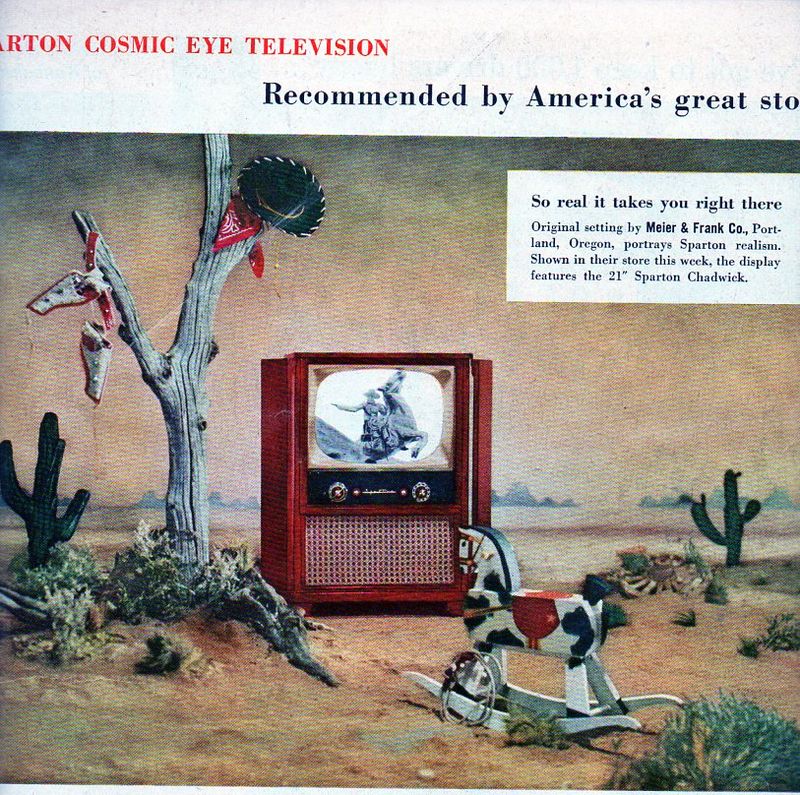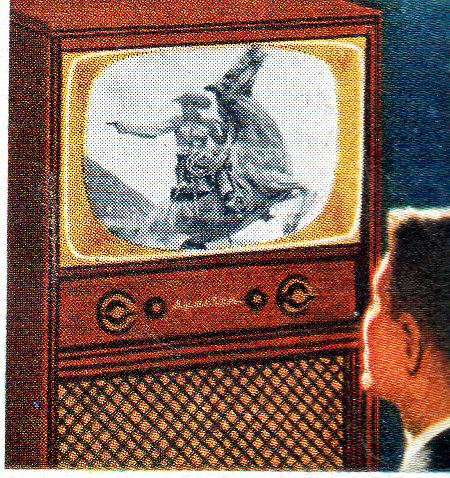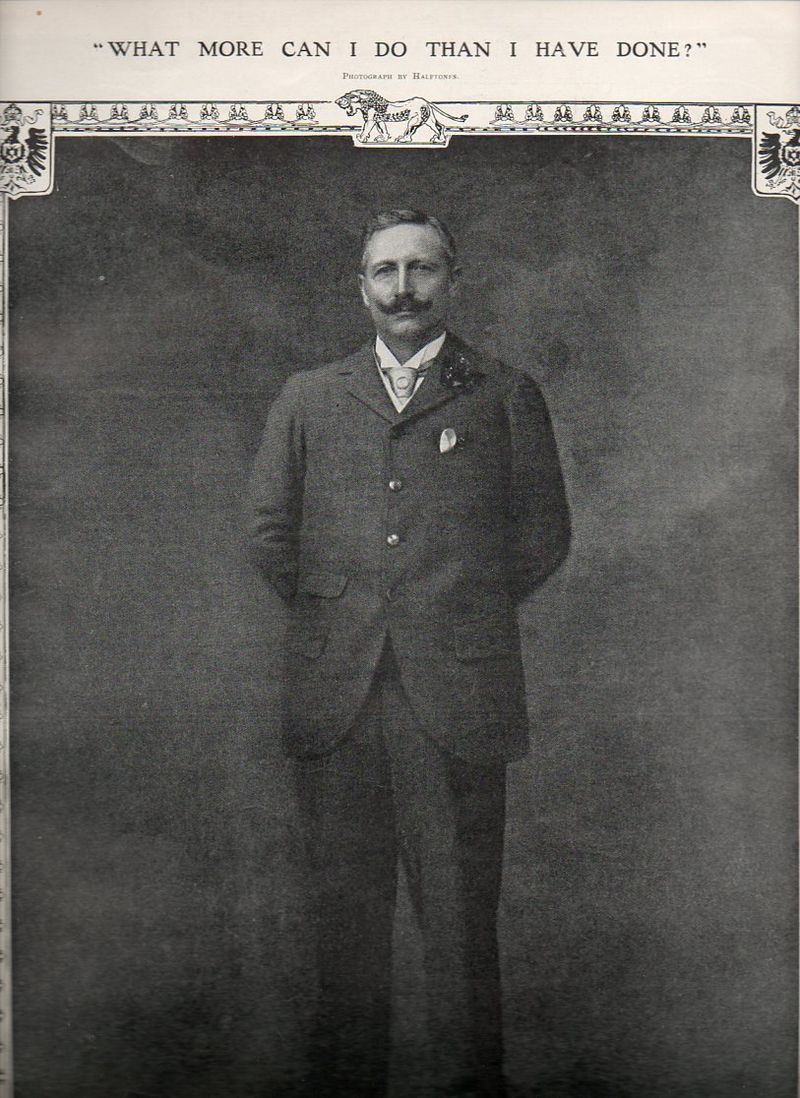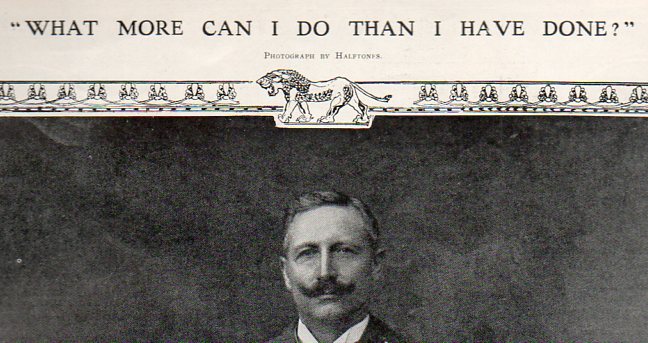JF Ptak Science Books Post 1273
There are some combined image/narrative displays that are quietly spectacular, soaringly spectacular in very not-provocative, subtle ways. Here are two that popped up last night.

 The Sparton TV ad (from LIFE 1954) dares us to believe that it will get us to the thing that we are watching–a tremendously invasive lie, a Big Lie, buffeted by placing the TV in the middle of a desert from the scene it was/is projecting, along with the toys of a child. And in glorious black and white. We can obviously see that the television can’t get us there, not really, not at all, not better than a book (an enormous creative implement compared to the television), by the tv-set’s absurd appearance in the desert. Plus, well, the TV isn’t getting “you” to the place, it is getting itself there.
The Sparton TV ad (from LIFE 1954) dares us to believe that it will get us to the thing that we are watching–a tremendously invasive lie, a Big Lie, buffeted by placing the TV in the middle of a desert from the scene it was/is projecting, along with the toys of a child. And in glorious black and white. We can obviously see that the television can’t get us there, not really, not at all, not better than a book (an enormous creative implement compared to the television), by the tv-set’s absurd appearance in the desert. Plus, well, the TV isn’t getting “you” to the place, it is getting itself there.
Now, Kaiser Wilhelm II–looking like quite the entry into the Anglosphere in this photo, which came easily for him since he was the grandson of Queen Victoria–was depicted in this image (appearing in the Illustrated London News for 7 November 1908 as a great peacemaker. Or at least a man who had extended himself to find solidarity with Great Britain–so much of himself in fact that he could extend no further, that he could do no more, hence the question “what more can I do than I have not done?”

IT has the quality of a post office “wanted” poster, which may actually be sort of true, what with what would happen in the next six years and all.
By 1918 the Kaiser was hiding in the neutral Netherlands, caught unawares out-of-town in Belgium when things went to hell in Berlin for him. And after the war with the signing of the Treaty of Versailles, Wilhelm II found himself in early 1919 facing Article 227 of that treaty, "for a supreme offence against international morality and the sanctity of treaties". But he wasn’t extradited by a friendly Queen Wilhelmina (hint) in spite of the international call to do so. Well, “International” except for the United States, where President Wilson sought to infringe on Lincoln’s post-bellum treatment of the Confederacy by letting Wilhelm go, not prosecuted for the larger hope of keeping alive a chance for peace. Wilson should’ve looked a little harder for peace than in the Kaiser’s direction, as the Treaty really didn’t end the war as much as it started the next one.
The Kaiser last until 1951.




Comments